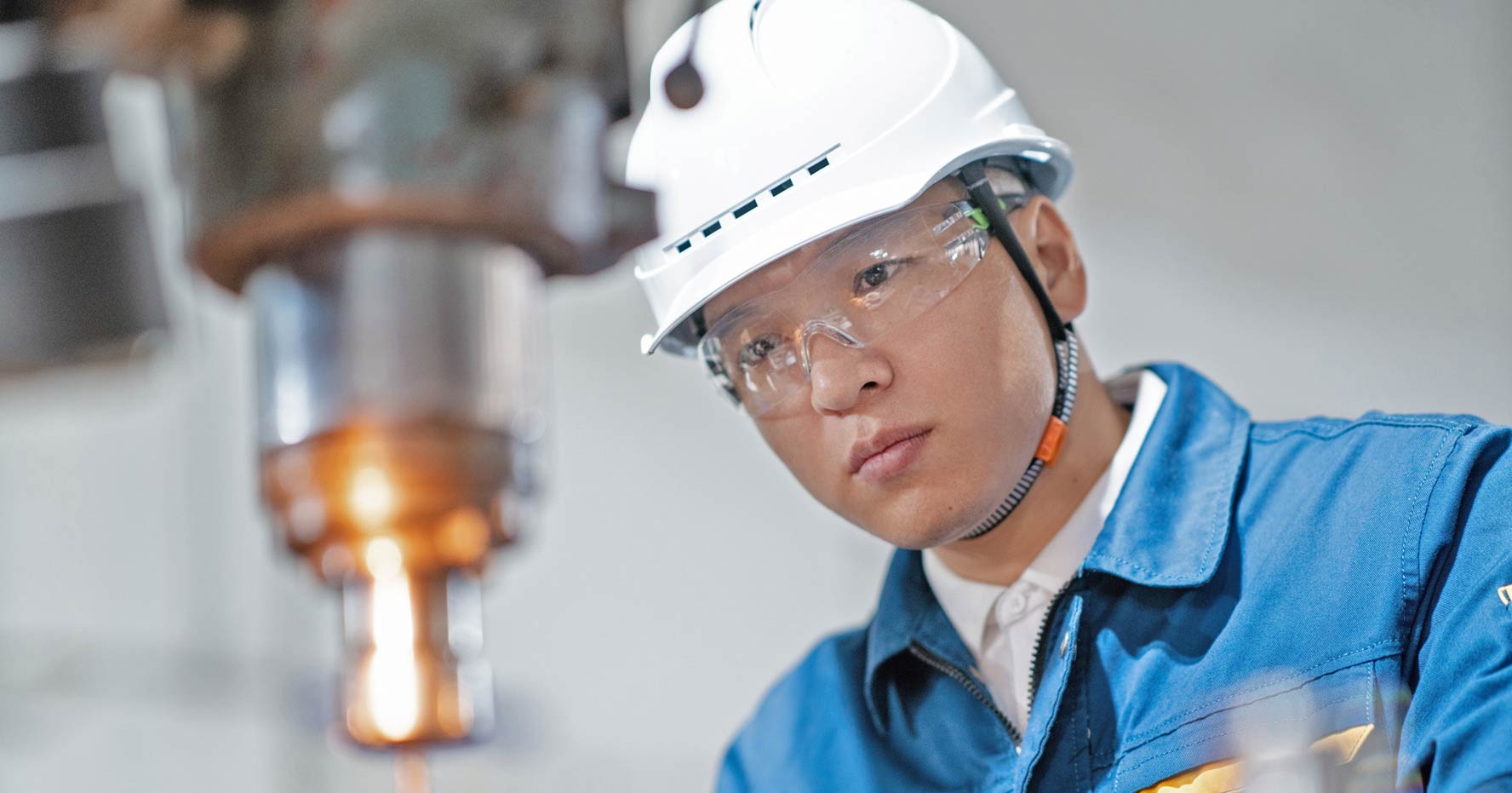A review of M&A transactions over the past three months reveals a clear trend of deepening industry chain consolidation and an increasingly technology-oriented approach in China’s advanced manufacturing sector. These deals underscore buyers’ strategic motivations to adapt to evolving competitive dynamics, strengthen core competencies, and drive transformative growth.
I. Accelerated Consolidation in the EV and Auto Parts Sector
The new energy vehicle (NEV) supply chain has witnessed the most active M&A activity. Geely Automobile’s acquisition of a 17.5% stake in InfiMotion enhances its in-house electric drive system capabilities, aligning with its strategy to reinforce core operations and optimize supply chain efficiency. Meanwhile, Wuhan LingDian Automobile Electronics secured a 98.43% stake in Suzhou Auto Electronic Control System, solidifying its position in automotive electronic control systems. Additionally, YAPP Automotive Systems plans to acquire a 54.5% stake in Yingshuang Electric, a specialist in rotary transformers and specialty motors, while CALB is set to take control of Jiangsu Olive Sensors High-Tech. These moves reflect the strategic push by leading automakers and battery manufacturers to vertically integrate critical components.
II. Strategic Expansion in Smart Manufacturing and Industrial Automation
In the industrial automation space, Bozhon Precision acquired a 70% stake in Shanghai Well-ideal Industrial Automation, aiming to enhance its intelligent equipment design and system integration capabilities. Huizhou Intelligence Technology successfully bid for a 75% stake in Shanghai Aerospace Yigen Intelligence Technology, strengthening its intelligent control and software capabilities. These transactions highlight buyers’ focus on bolstering system integration and technological barriers to capitalize on the convergence of manufacturing and smart technologies.
III. Strengthening Domestic Substitution in Advanced Materials and Components
M&A activity has also surged in advanced materials and high-end components. NBTM New Materials acquired a 34.75% stake in Shanghai Future High-tech, a leader in powder metallurgy components, reinforcing its critical parts manufacturing capabilities. IKD’s acquisition of ZEB (Ningbo) Precision Electromechanical enhances synergies with its automotive parts business while expanding its footprint in robotics. Meanwhile, Ningde New Energy Technology invested in Shandong Fuyuan Technology, a silicon-carbon anode material specialist, signaling heightened interest in upstream raw materials. These transactions reflect how industrial capital is rapidly building domestic substitution capabilities and self-sufficient supply systems in core components and advanced materials sectors.
Conclusion
Overall, M&A deals in China’s advanced manufacturing sector primarily target three strategic objectives:
- Vertical Integration – Enhancing control over critical supply chain segments and driving synergies.
- Technology Leadership – Building competitive moats in automation, smart manufacturing, and advanced materials.
- Ecosystem Expansion – Transitioning from single-point capabilities to integrated system solutions.
M&A has become a pivotal tool for advanced manufacturers to accelerate strategic transformation and strengthen core competitiveness in an increasingly dynamic market landscape.
Author:
Yijie Zeng
M&A Analyst








